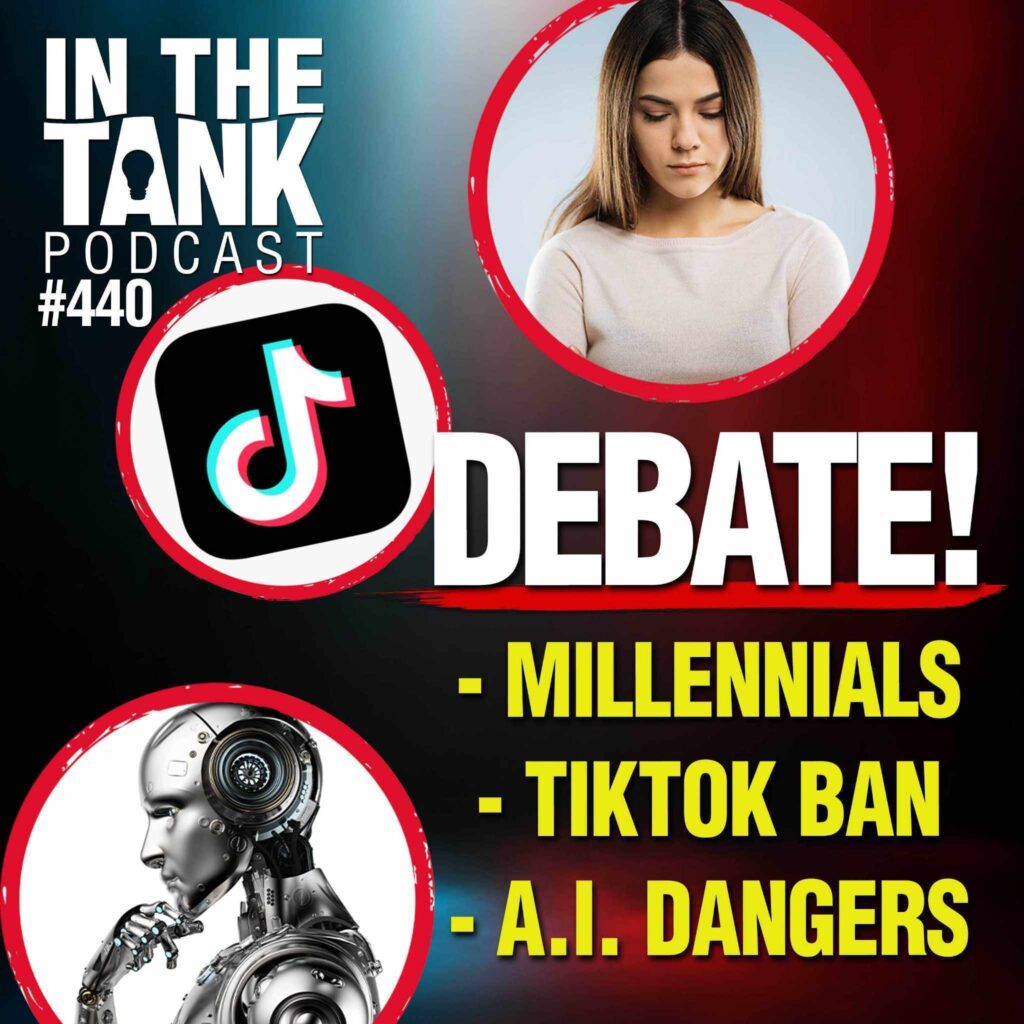Due to an uptick in youth use of vapor tobacco products, policymakers are seeking to ban menthol in all other tobacco products, including combustible cigarettes and smokeless and snus products. Although reducing youth tobacco product use is laudable, prohibitive policies on menthol tobacco products are ineffective and eliminate adult choices.
1. Menthol Flavored Tobacco Products
Nearly one-third of adult cigarette smokers smoke menthol cigarettes. A 2015 survey noted that “of the 36.5 million American adult smokers, about 10.7 million reported they smoked menthol cigarettes.”[1] More women reported smoking menthol cigarettes and “menthol smokers were broadly distributed across the age spectrum.” Menthol flavorings are also quite popular among adult users of other tobacco products. In 2015, 57 percent of moist snuff sales and 88.5 percent of snus sales consisted of menthol flavored products.[2]
2. Youth Traditional Tobacco Use Is at All Time Low
Youth use of tobacco products, other than electronic cigarettes, is at an all-time low. In 1997, youth rates of combustible cigarette use peaked. In the 1997 Youth Risk Behavior Survey, 36.4 percent of high school students reported smoking cigarettes in the 30 days preceding the survey[3]. Further, 9.3 percent and 22 percent of high school students reported current use of smokeless tobacco and cigars, respectively. Moreover, 42.7 percent of high school students reported using tobacco products including “cigarettes, smokeless tobacco, or cigars during the 30 days preceding the survey.” Results from the 2018 National Youth Tobacco Survey indicate a dramatic decrease of tobacco use by high school students.[4] In 2018, only 8.1 percent of high school students reported using tobacco cigarettes. Further, only 7.6 percent and 5.9 percent reported using cigars and smokeless tobacco products, respectively.
3. Menthol Bans Will Create Black Markets
A 2012 study featured in the journal Addiction found a quarter of menthol smokers surveyed indicated they would find a way to purchase, even illegally, menthol cigarettes should a menthol ban go into place.[5] Further, there is little evidence that smokers would actually quit under a menthol ban. A 2015 study in Nicotine & Tobacco Research found only 28 percent of menthol smokers would give up cigarettes if menthol cigarettes were banned.[6] To understand the effects of a menthol ban, lawmakers need only to look at cities with exorbitant tobacco taxes and thriving black markets. For example, due to its excessive tobacco taxes, New York City is currently “the cigarette smuggling capital in the nation,” with a booming black market that attributed to approximately $740 million in lost tobacco revenue in 2015.[7]
4. Menthol Bans Have Economic and Social Effects
States should refrain from policies that would deplete much-needed funding in their localities. One analysis estimates that flavored tobacco product bans, including menthol cigarettes, would eliminate $13.6 billion in revenue, or more than $130 billion over the next 10 years.[8] Moreover, while eliminating revenue, menthol bans require law enforcement to impose such bans and will likely lead to racial repercussions. Although white Americans smoke more menthol cigarettes than African Americans, “black smokers [are] 10-11 times more likely to smoke” menthol cigarettes than white smokers.[9] Given African Americans’ preference for menthol cigarettes, a ban on menthol cigarettes would force police to further scrutinize African Americans and likely lead to unintended consequences. For example, consider the case of Eric Garner, who was killed while being arrested for selling single cigarettes in the city. In a recent letter to the NYC Council, who are also debating a ban on menthol cigarettes, Garner’s mother, as well as Trayvon Martin’s mother, implored officials to “pay very close attention to the unintended consequences of a ban on menthol cigarettes and what it would mean for communities of color.”[10]
Policy Solution
A ban on menthol cigarettes is unlikely to reduce cigarette use among adults and youth, would lead to an even bigger black market, would deplete much-needed revenue streams, and would likely create more interactions among police and blacks, which could lead to unnecessary violence.
Key Points:
1. Nearly one-third of cigarette smokers smoke menthol cigarettes and menthol flavors made up 57 percent and 88.5 percent of moist snuff and snus sales, respectively, in 2015.
2. Youth tobacco use is at an all-time low. In 2018, only 8.1 percent of high school students reported smoking combustible cigarettes, compared to 36.4 percent in 1997.
3. Menthol bans would create huge black markets, as a quarter of menthol smokers say they would find a way to purchase, even illegally, menthol cigarettes.
4. A menthol ban would eliminate more than $130 billion in revenue over next 10 years.
5. As a large proportion of African Americans smoke menthol cigarettes, a menthol ban would likely create more dubious interactions between police and minorities.
References
[1] Brad Rodu, “Who Smokes Menthol Cigarettes?,” Tobacco Truth, December 4, 2018, https://rodutobaccotruth.blogspot.com/2018/12/who-smokes-menthol-cigarettes.html.
[2] Kuiper, NM, et al., “Trends in Sales of Flavored and Menthol Tobacco Products in the Untied States During 2011-2015,” Nicotine Tobacco Research, May 3, 2018, https://www.ncbi.nlm.nih.gov/pubmed/28575408.
[3] Centers for Disease Control and Prevention, “Tobacco Use Among High School Students – United States, 1997,” Morbidity and Mortality Weekly Report, April 3, 1998, https://books.google.com/books?id=sO7ZnIEDbMsC&pg=PA230&lpg=PA230&dq=1997+36.4+percent+students+smoking+42.7+percent+total&source=bl&ots=0E5wga25PH&sig=ACfU3U01EgogTzlPrQ0ZVeYz7Cy0ZsqkgA&hl=en&sa=X&ved=2ahUKEwjjmu-t9rflAhURA6wKHcJWAucQ6AEwAHoECAoQAQ#v=onepage&q=1997%2036.4%20percent%20students%20smoking%2042.7%20percent%20total&f=false.
[4] Centers for Disease Control and Prevention, “Data Visualization: Tobacco Product Use Among High School Students – 2018,” February 11, 2019, https://www.cdc.gov/vitalsigns/youth-tobacco-use/data-visualization.html#info1.
[5] RJ O’Connor et al., “What would menthol smokers do if menthol in cigarettes were banned?” Addiction, April 4, 2012, https://www.ncbi.nlm.nih.gov/pmc/articles/PMC3370153/.
[6] Olivia A. Wackowski, PhD, MPH, et al., “Switching to E-Cigarettes in the Event of a Menthol Cigarette Ban,” Nicotine & Tobacco Research, January 29, 2015, https://www.researchgate.net/publication/271592485_Switching_to_E-Cigarettes_in_the_Event_of_a_Menthol_Cigarette_Ban.
[7] Gregory Bresiger, “NYC is the cigarette smuggling capital of the US: study,” New York Post, November 11, 2017, https://nypost.com/2017/11/11/nyc-is-the-cigarette-smuggling-capital-of-the-us-study/.
[8] Bill Orzechowski & Rob Walker, The Tax Burden on Tobacco, vol. 54 (Pending).
[9] D. Lawrence et al., “National patterns and correlates of mentholated cigarette use in the United States,” Addiction, December, 2010, https://www.ncbi.nlm.nih.gov/pubmed/21059133.
[10] Carl Campanile, “Menthol cig ban will lead to more stop-and-frisk: Moms of Garner, Martin,” New York Post, October 16, 2019, https://nypost.com/2019/10/16/menthol-cig-ban-will-lead-to-more-stop-and-frisk-moms-of-garner-martin/.




